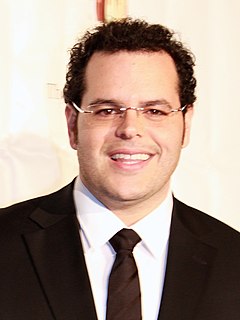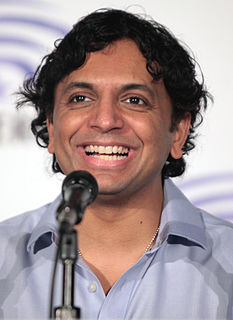A Quote by Jay Ellis
A lot of what you're seeing these characters go through is something that either is a story one of the actors told in the writers' room or one of the writers themselves told in the writers' room.
Related Quotes
We have a full writers' room, and with something like 'MyMusic,' we've scripted it out with professional writers. There is some very basic improv from the actors, but everything is very to the letter, so it's easy to edit down to an episode. There are fun little things an actor might throw in there.



































